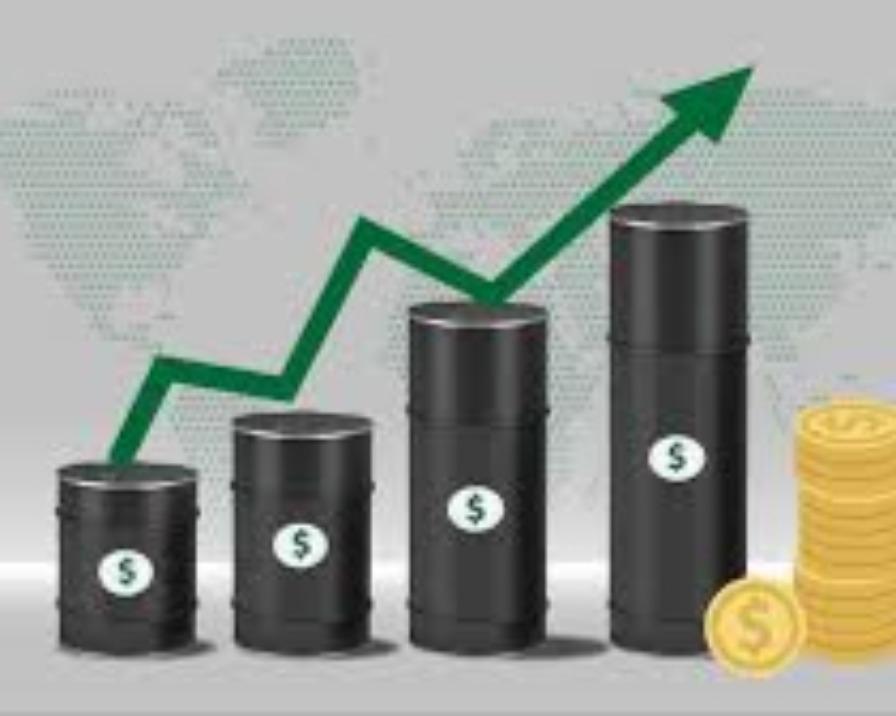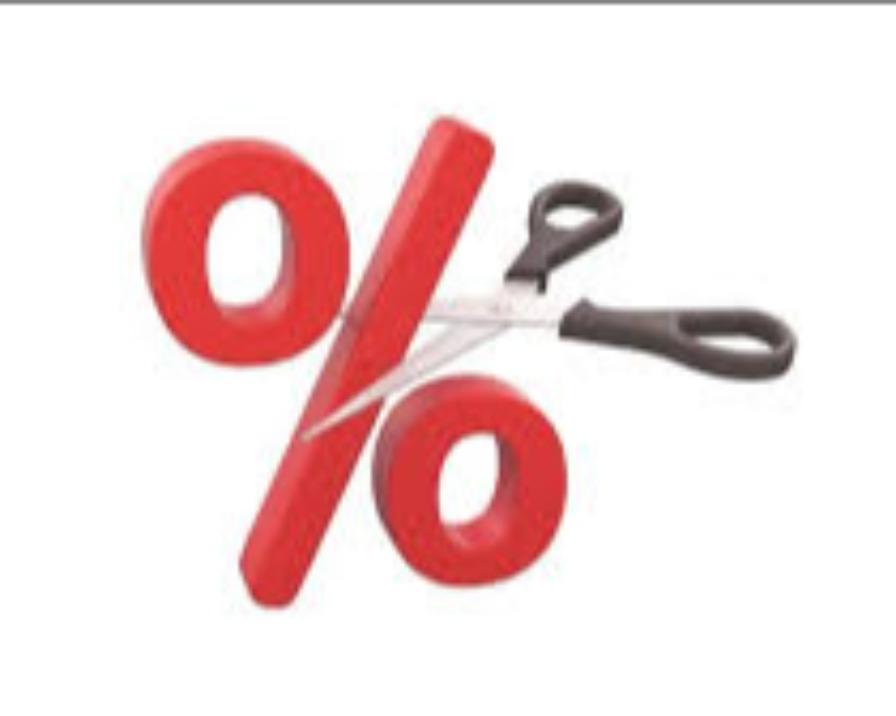The euro on Monday fell below $0.99 for the first time since late 2002 after Russia halted the supply of natural gas through the main pipeline to Europe, sending energy prices soaring and heightening fears about a supply crunch.
The weakening currency will be front and centre for the European Central Bank meeting on Thursday since a weak euro - down 13% in 2022 -- could make already record-high inflation worse through more expensive imports.
Weak euro adds to ECB inflation headache
Some policymakers have said that the bank must pay more attention to the euro than in earlier periods of weakness, because gas is priced in dollars and a weak euro amplifies the effects of soaring energy costs.
Money markets price in an 80% chance of a supersized 75 basis point rate increase this week, but analysts think that would do little to help the currency.
"This big rate hike will do nothing to rescue the euro. A recession is ahead and geopolitical concerns are uncontrollable," said Agnès Belaisch, a strategist at the Barings Investment Institute. "In fact, the odds are high that rising interest rates coincide with inflation and recession in 2023."
Goldman Sachs on Monday forecast the euro to weaken to $0.97 and remain there for the next six months because demand destruction, caused by the gas crisis, will lead to "a deeper and longer contraction."
Capital Economics revised its forecast to $0.90 for next year - a 9% slump from current levels.
The euro has been inversely correlated with gas prices for months, meaning it tends to fall when energy prices rise. Gas prices have soared 255% in 2022 and on Monday jumped 30%.
RECESSION WATCH
The euro zone is almost certainly entering a recession, with business activity contracting for a second month in August.
The energy shock is taking a deep toll, while data suggests speculators have jacked up their bets against the currency.
Euro short positions are building
UniCredit estimates that in the five years before the COVID-19 pandemic, the EU imported about 400 billion euros worth of oil and gas annually.
If oil prices held at $100 a barrel, the euro at parity and natural gas prices at 100 euros - five times higher than the last five years' average -- the cost would jump to 600 billion euros, or 6% of GDP, calculates UniCredit's Erik Nielsen.
Economists and currency analysts reckon the economic pain will be even more severe than anticipated just a few months ago.
"The euro zone narrative is shifting. A few months ago it was: "there won't be recession." Recently it shifted to: "there'll be recession, but it'll be shallow," Robin Brooks, chief economist at the Institute for International Finance, said on Twitter on Monday. "This weekend we began to make the final shift: "we're heading for deep recession." Euro is going to fall a lot more."
Still, some say the ECB could at least stall euro depreciation with big rate hikes in the months ahead.
"The ECB can arguably help slow down euro weakness but it is not clear it can lead to sustainable euro appreciation," said George Saravelos, global head of FX research at Deutsche Bank .
INFLATION PAIN
The euro has suffered far less against other currencies than against the dollar, and sterling too has not been shored up by a ramp-up in expectations for more aggressive hiking.
A trade-weighted index followed closely by the ECB last month fell to its lowest since February 2020, but it was lower throughout 2015 and 2016 without the ECB intervening.
The impact of a falling euro on inflation is also not as big as many think, said SwissRe's head of macro strategy Patrick Saner. He cites official data to show that a 10% decline in the euro's nominal effective exchange rate leads to an increase in consumer price inflation of 40-100 basis points a year later.
But as Saner notes, "even marginal effects are not exactly ideal currently".
Inflation has been driven by energy prices, so European producer prices are soaring.
Deutsche Bank's Saravelos points out that the consumer price inflation-based euro effective exchange rate is close to record lows, but the producer prices-based index is near record highs.
That means euro zone competitiveness is weakening fast - a terms of trade shock that will further hurt the economy.



